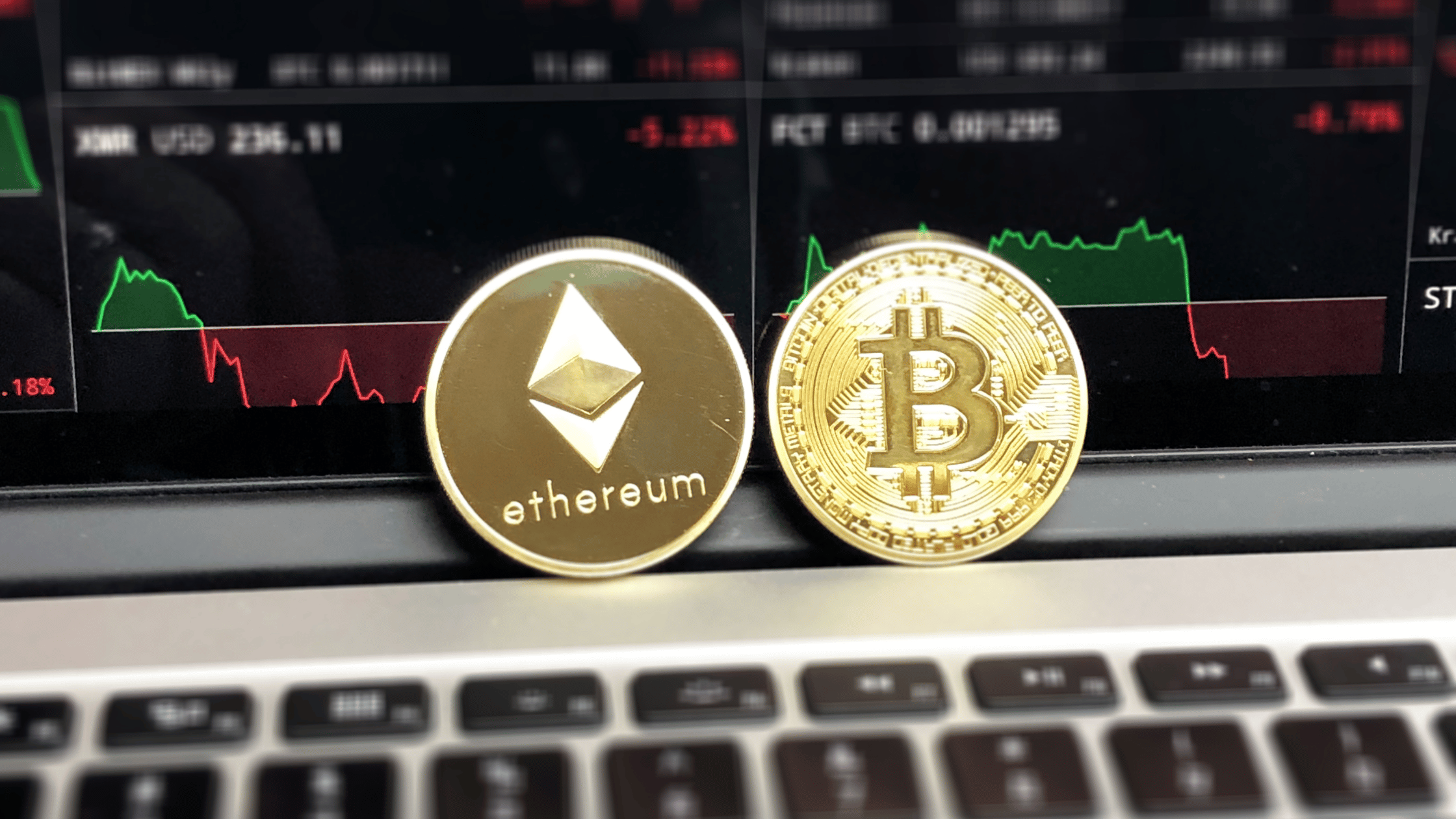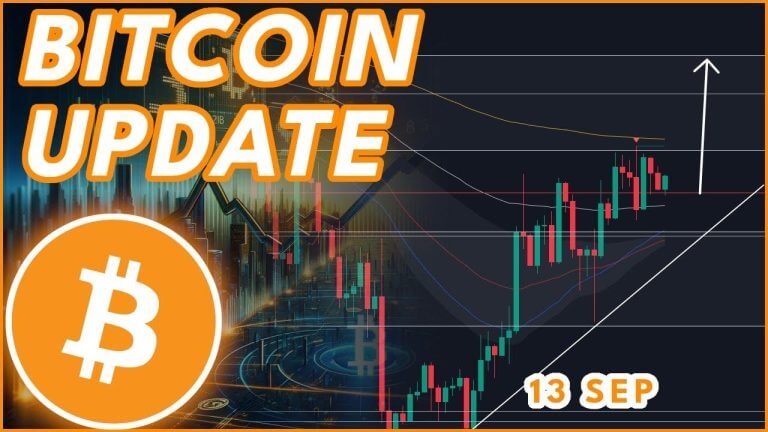
Crypto OTC Secrets: How the Big Players Trade Off-Exchange
In the rapidly evolving landscape of cryptocurrency, over-the-counter (OTC) trading platforms have emerged as indispensable tools for both institutional and high-net-worth investors. Unlike traditional exchanges that facilitate public trades, OTC platforms offer a more discreet and personalized trading experience, allowing participants to negotiate directly and execute large transactions without significantly impacting market prices. This article delves into the intricacies of crypto OTC trading platforms, examining their structure, benefits, and potential risks, while providing insights into how they operate within the broader financial ecosystem. Through this exploration, we aim to equip investors with the knowledge needed to navigate this unique segment of the cryptocurrency market effectively.
Table of Contents
Understanding the Mechanisms of OTC Trading in Cryptocurrency
Over-the-counter (OTC) trading has emerged as a critical component in the cryptocurrency ecosystem, catering predominantly to institutional and high-net-worth individuals. Unlike traditional exchanges, OTC trading facilitates direct transactions between parties, which significantly reduces the impact on market prices and enables discreet trading. Key mechanisms that drive OTC trading include:
– Negotiated Pricing: Prices are often negotiated directly between buyer and seller, allowing for flexibility and customization based on the quantity and timing of the trade.
– Privacy: OTC trades are typically executed outside of the public eye, ensuring confidentiality for large transactions that could otherwise generate market volatility.
– Liquidity Solutions: OTC desks often have established relationships with liquidity providers, enabling smooth and efficient transactions, especially during periods of high market demand.
Additionally, the infrastructure of OTC trading platforms involves several layers that enhance efficiency and security. Leveraging blockchain technology, these platforms often provide smart contracts that execute trades automatically upon fulfillment of pre-agreed conditions. The following table outlines some critical features of OTC trading platforms:
| Feature | Description |
|---|---|
| Settlement Efficiency | Fast, often same-day settlements that enhance user experience. |
| Custodial Options | Secure storage solutions for digital assets during transactions. |
| Risk Management | Advanced algorithms and protocols minimize counterparty risk. |
| Market Access | Access to international markets, expanding trading opportunities. |
Understanding these mechanisms and features is vital for anyone looking to navigate the complexities of OTC trading effectively, providing both a shield against market volatility and a pathway for efficient asset transfer.
Evaluating the Benefits and Risks of OTC Platforms
When assessing the appeal of OTC platforms for cryptocurrency trading, several compelling advantages come to the forefront. Key benefits include:
– Privacy and Discretion: OTC trading allows for larger transactions without significantly impacting market prices, thus maintaining confidentiality.
– Flexibility in Negotiation: Traders can negotiate terms directly with the counterparty, including pricing, settlement times, and payment methods.
– Access to Larger Liquidity Pools: OTC services often connect buyers and sellers who may not have direct access to larger exchanges, thus enabling substantial trades.
However, the potential risks associated with OTC trading platforms should not be overlooked. These risks encompass:
- Counterparty Risk: Engaging with an unknown entity can lead to trust issues and the possibility of fraud.
- Regulatory Uncertainty: The regulatory landscape for OTC trading varies by jurisdiction, potentially exposing traders to compliance issues.
– Lack of Transparency: Unlike traditional exchanges, OTC markets may not offer the level of transparency in pricing and transaction histories, making it difficult for traders to gauge fair market value.
| Benefit | Risk |
|---|---|
| Privacy and Discretion | Counterparty Risk |
| Flexibility in Negotiation | Regulatory Uncertainty |
| Access to Larger Liquidity Pools | Lack of Transparency |
Key Features to Seek in an OTC Trading Service
When looking for an OTC trading service, prioritize liquidity and market depth. A platform that consistently offers high liquidity ensures you can execute large trades without slippage impacting your pricing. This is vital for maintaining your investment strategy, especially in a fast-moving market. Additionally, it’s essential to evaluate the OTC desk’s capability to handle various trading volumes, as larger trades may require specialized execution tactics to minimize market disruption.
Another critical feature to consider is transparency and security protocols. The OTC trading service should provide insights into pricing mechanisms and the fees associated with each transaction to avoid surprises. A trustworthy platform employs robust security measures, including multi-signature wallets and encryption techniques, to protect against hacks and fraud. Look for a service that offers:
– Real-time trade data access
– Detailed transaction history
– Clear fee structures and contract terms
To further illustrate these aspects, here’s a comparison of common features among leading OTC trading services:
| Feature | Service A | Service B | Service C |
|---|---|---|---|
| Liquidity | High | Medium | Very High |
| Security Measures | Multi-Sig, 2FA | 2FA | Multi-Sig, Cold Storage |
| Transaction Fees | 0.1% | 0.2% | 0.15% |
By focusing on these key features—liquidity, transparency, and security—traders can select an OTC platform that aligns well with their trading needs and risk tolerance.
Best Practices for Secure OTC Transactions
When engaging in Over-the-Counter (OTC) transactions, implementing robust security measures is critical to protecting your assets and confidential information. Begin by researching and selecting reputable OTC brokers. Look for platforms that are well-established and have a track record of positive reviews from users. Confirm that the broker has undergone third-party audits and adheres to regulatory standards, which can serve as a strong indicator of their reliability and operational integrity. Additionally, ensure that the platform employs advanced encryption protocols for data protection, minimizing the risk of unauthorized access.
Another essential practice is to engage in multi-factor authentication (MFA) for your OTC accounts. This adds an extra layer of security beyond just a password, helping to safeguard your account from potential breaches. Keep your private keys secure and never share them with anyone. To further enhance security, make use of escrow services during transactions. This ensures that the funds are only released once all parties have fulfilled their end of the agreement, thereby reducing the risk of fraud.
| Security Measure | Description |
|---|---|
| Reputable Brokers | Choose platforms with positive reviews and compliance with regulations. |
| Multi-Factor Authentication | Implement MFA to add an extra layer of protection. |
| Advanced Encryption | Utilize platforms that offer strong encryption for data security. |
| Escrow Services | Utilize escrow to ensure secure fund release upon agreement fulfillment. |
Future Outlook
crypto OTC trading platforms represent a vital conduit in the burgeoning digital asset landscape, offering significant advantages for both institutional and high-net-worth participants. By providing greater liquidity, price stability, and discretion, these platforms are redefining how traders engage with cryptocurrencies. As the market continues to evolve, understanding the intricacies of OTC trading will be crucial for navigating the complexities of digital asset transactions. Armed with this knowledge, investors can make informed decisions and leverage the unique opportunities presented by the OTC space, paving the way for a more sophisticated and efficient trading environment in the cryptocurrency market.




Leave a Comment